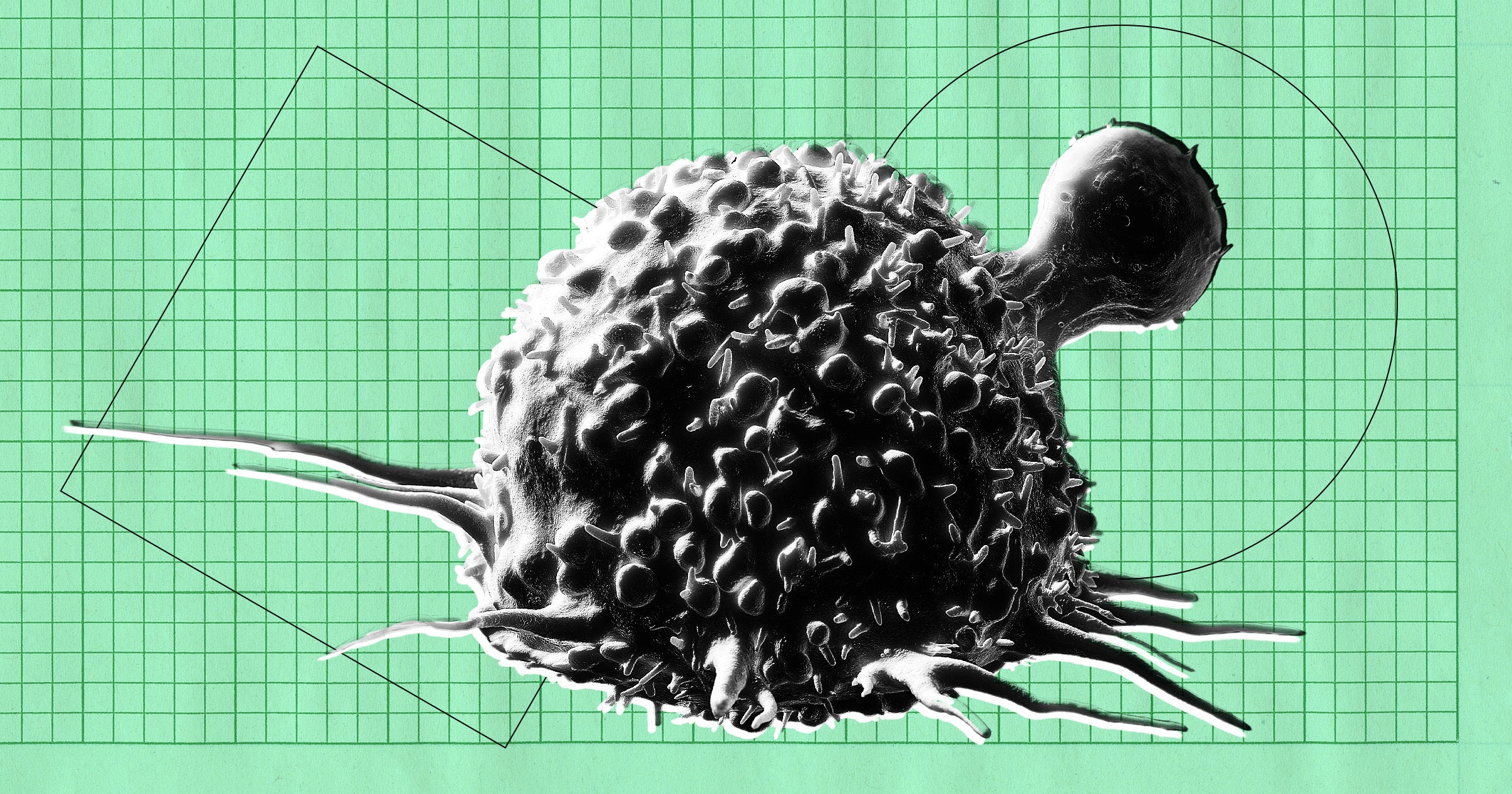Médicos usando a IA perdem rapidamente a capacidade de identificar o câncer, o estudo encontra
Imagem de Getty / Futurism há anos, a detecção de câncer de IA foi apontada como tão boa quanto ou melhor que os médicos – mas, dados os resultados de um estudo recente, para alguns médicos, a IA parece ter prejudicado bastante suas habilidades. Em vez de um novo estudo publicado na revista The Journal, a Siloserology Informology e a Hepatology, que os pesquisadores lideraram a revista Medicet, a Medicet Gastroenterology e practices between September 2021 and March 2022, that the clinicians working there seem to have gotten lazier and worse at their jobs as a result of the technology’s assistance.Researchers warned of a “deskilling” effect after noticing a 20 percent relative drop in the detection rate of adenomas, or pre-cancerous growths in the colon, after an AI was introduced at the centers at the end of 2021, compared to detection rates before the AI was implemented.Notably, these results appear to challenge other studies and trials that suggested AI may be better at diagnostics than human doctors — and the people behind this new research are now questioning why those differences exist.”These results pose an interesting question about previous randomized controlled trials which found AI-assisted colonoscopy enabled a higher adenoma detection rate than non-AI assisted colonoscopy,” noted coauthor and University of Oslo health economics researcher Yuichi Mori em comunicado. “Pode ser que a colonoscopia não assistida por AI avaliada nesses ensaios seja diferente da colonoscopia não assistida por AI padrão, pois os endoscopistas nos ensaios podem ter sido afetados negativamente pela exposição contínua da IA”. Existem, é claro, limitações ao estudo. For one, the AI tools used by the endoscopists are never named, and it’s hard to gauge whether the tech may have improved since late 2021. For another, the sample size was quite small, and as Mori noted, it was observational, which means they were simply observing and collecting data without any intervention.In a comment published alongside the trial, endocrinologist Omer Ahmad of the University of College London, who was not involved in the study, suggested that this study could Representar um contador ao “entusiasmo atual pela rápida adoção de tecnologias baseadas em IA”. “Embora estudos experimentais anteriores tenham aludido à modificação negativa do comportamento após a exposição à IA … fornece as primeiras evidências clínicas do mundo real para o fenômeno do deskilismo, afetando potencialmente os resultados relacionados ao paciente”, disse Ahmad. “Although AI continues to offer great promise to enhance clinical outcomes, we must also safeguard against the quiet erosion of fundamental skills required for high-quality endoscopy.”Worse yet, Mori told Bloomberg that the effects of “deskilling” could become more pronounced and will “probably be higher” as AI tech improves over time.Though we haven’t heard much about medical AI making doctors more effective, we have seen a lot about AI harming thinking skills in em geral. Será que o mesmo efeito está ocorrendo nos hospitais? Mais estudos são necessários antes que possamos apresentar respostas definitivas, mas não parece tão promissor quanto antes.
Fonte











Publicar comentário